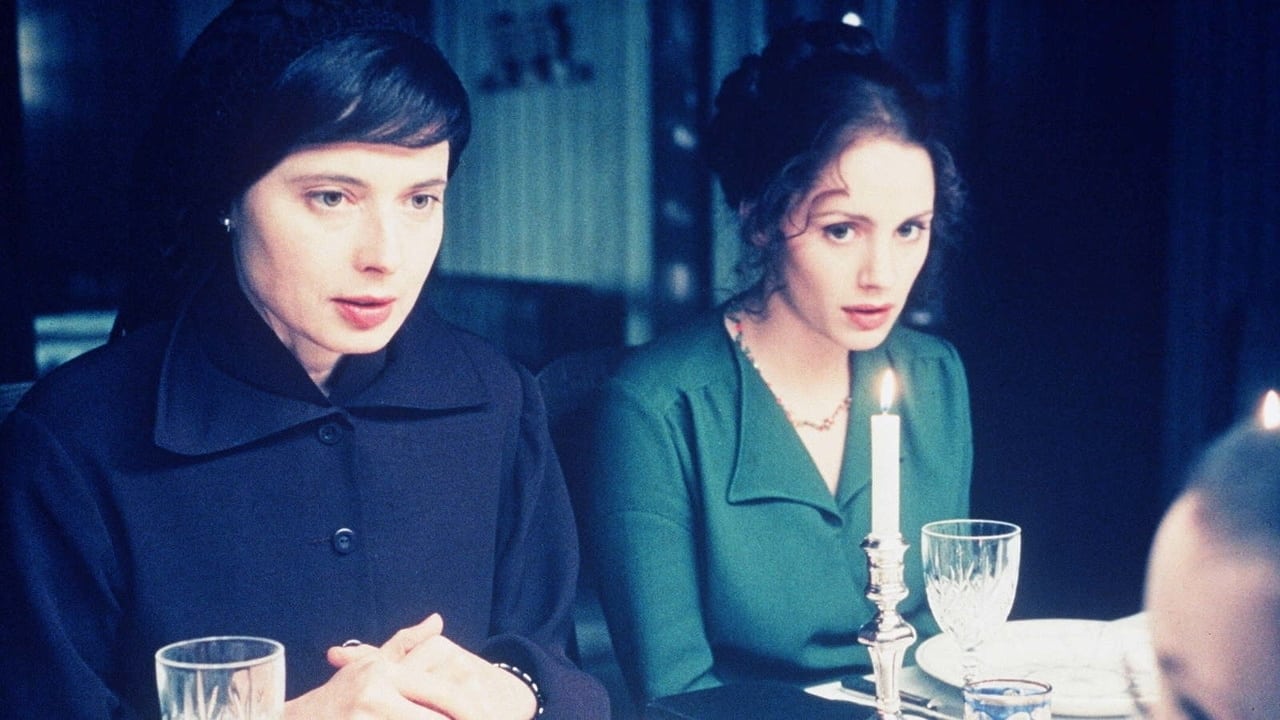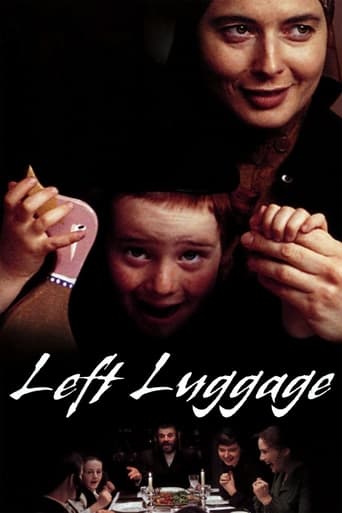


Wonderfully offbeat film!
... View MoreLack of good storyline.
... View MoreBest movie of this year hands down!
... View MoreI didn’t really have many expectations going into the movie (good or bad), but I actually really enjoyed it. I really liked the characters and the banter between them.
... View MoreThere are movies about the tension between secular and religious Jews, and movies about Holocaust survivors. This one is both.Chaiyah, a Jewish college-aged woman in Antwerp, Belgium, couldn't care less about her family's stories, and she finds the Chasidim to be particularly weird. A child of the sexual revolution, she's concerned with having a good time.Through a family friend, she finds a job as a nanny for a Chasidic family. Although she's ready to quit the first day, she quickly develops a no, a kinship with the youngest boy with severe emotional difficulties. The boy, Simcha, can't speak, even though he's four, and when he's under pressure, he wets himself. Chaiyah brings him out. He begins talking, and even sings the Mah Nishtanah at the Seder.The film shows us reasons for the Chasidic father's seeming aloofness to the youngest son, overt and less than overt anti-Semitism in Europe ("You don't look Jewish.") , and the ways the older generation has of dealing or coping with the past.As the film progresses, Chaiyah becomes bonded with her people, which I think is the meaning of the final scene.Some of the scenes can't really be appreciated without an understanding of Jewish culture and practice. I think this is particularly true of one of the late scenes between the two main women characters. It really floored me.It's a real tear-jerker, but it's not without its happy moments.
... View MoreI initially balked at watching this movie. However, after being persuaded to do so I was happily surprised.Laura Fraser has done an excellent job in portraying a young woman who is a bridge between cultures.Isabella Rossellini also does an good job as the mother.All in all, a very good movie, and a nice surprise.
... View MoreLots of emoting. Plenty of tear jerking. The details, if they matter, involve an assimilated daughter of Holocaust survivors who gets a job with a Chassidic family. She forms emotional bonds. Tragedy ensues. The audience is supposed to cry, and probably would if anyone were still awake at the end of the movie.The good part is the the actress in the lead is extremely attractive, sort of like a better looking version of Julia Roberts without the ridiculous plastic lips.If you like repulsive chick flicks, you'll love this movie.
... View MoreThis movie looks like it was cooked up by some novice at film school who borrowed a script based on a twelve year old's homework entitled "tragedy".Stereotypical in every characterisation and with cliche oozing out of every line of dialogue, the film limps from one cringe to the next. By the end - during the weepiest scene, I could be found on my knees in the aisle, holdind my aching sides and mouthing "please stop" whilst my wife dabbed her eyes with a tissue. I have rarely seen anything more amusing.
... View More